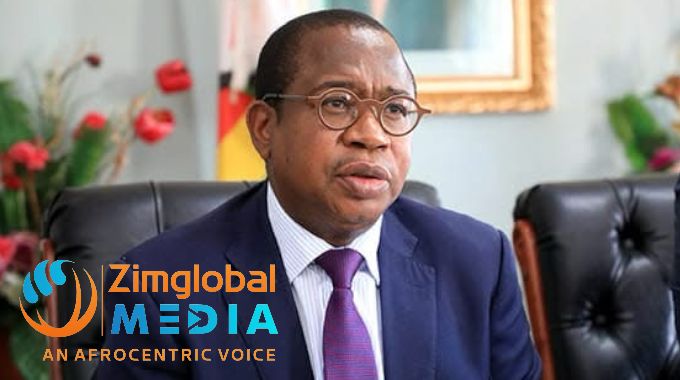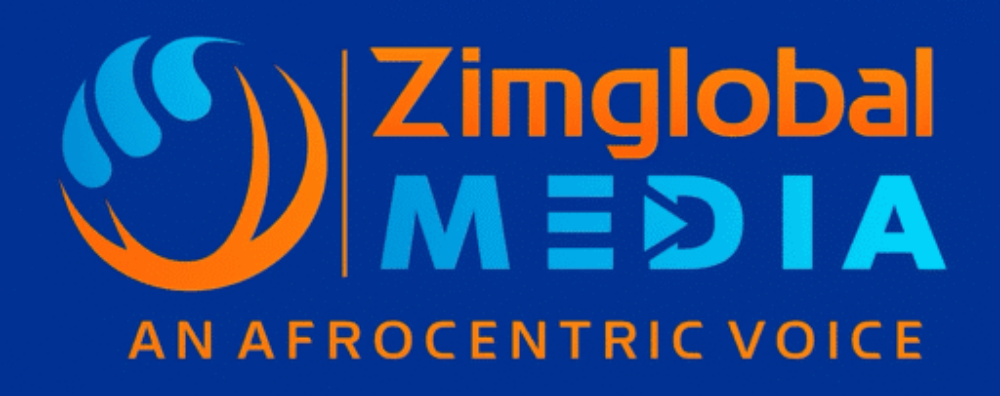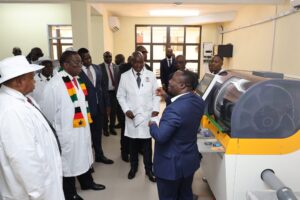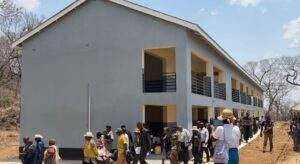Government Slashes Parking Fees by 50 Percent Nationwide
2 min read
Harare – In a move expected to ease the burden on motorists and stimulate business activity, the Minister of Finance and Economic Development, Professor Mthuli Ncube, has announced a 50 percent reduction in parking fees charged by local authorities across Zimbabwe.
The decision, unveiled during a post-Cabinet briefing on Tuesday, forms part of government’s comprehensive review of licences, permits, levies and fees within the transport sector.
The exercise stems from an earlier Cabinet resolution to roll out broad-based reforms in twelve critical sectors of the economy, aimed at creating a more business-friendly environment.
Professor Ncube said the reduction was necessary to bring relief to both motorists and businesses operating in urban centres, many of whom have complained that parking charges were excessively high.
“We have decided to cap these parking fees charged by local authorities, which are exorbitant, to 50 percent of what they are currently charging. This will go a long way in improving the cost of doing business,” he stated.
The minister highlighted that parking fees, while a revenue stream for municipalities, must not be a barrier to commerce and urban mobility.
He emphasized that reforms were designed not only to promote fairness but also to encourage more efficient city parking systems.
In Bulawayo, for example, where parking has been a hotly contested issue, motorists currently pay US$1 per hour or opt for a US$4 daily package under a system managed by Tendy Three Investments (TTI).
The private company was awarded the parking management tender in 2020 under a build-operate-transfer (BOT) agreement with Bulawayo City Council.
According to the deal, council receives 30 percent of all revenue collected.
The arrangement, however, has sparked public debate, with many residents arguing that the charges are beyond the reach of ordinary motorists, particularly in a challenging economic climate.
Businesses in the central business district have also expressed concern that high parking costs discourage customers from driving into town, reducing foot traffic and sales.
With the new directive, the US$1 per hour charge in Bulawayo, for instance, is expected to drop to 50 cents, while the daily package will be reduced to US$2.
Similar adjustments will apply in other cities and towns nationwide.
Economic analysts say the reduction could encourage more vehicle use in city centres, potentially boosting trade and restoring vibrancy to struggling urban economies. However, they caution that local authorities and their private partners may need to adjust revenue models to absorb the cut.
Government insists the reforms are a balancing act: ensuring councils continue to generate revenue while protecting the public and creating conditions for growth.
The 50 percent reduction in parking fees is effective immediately, pending formal gazetting of the new regulations.
——————————————
Zim Global Media News 🗞️
an Afrocentric Voice




